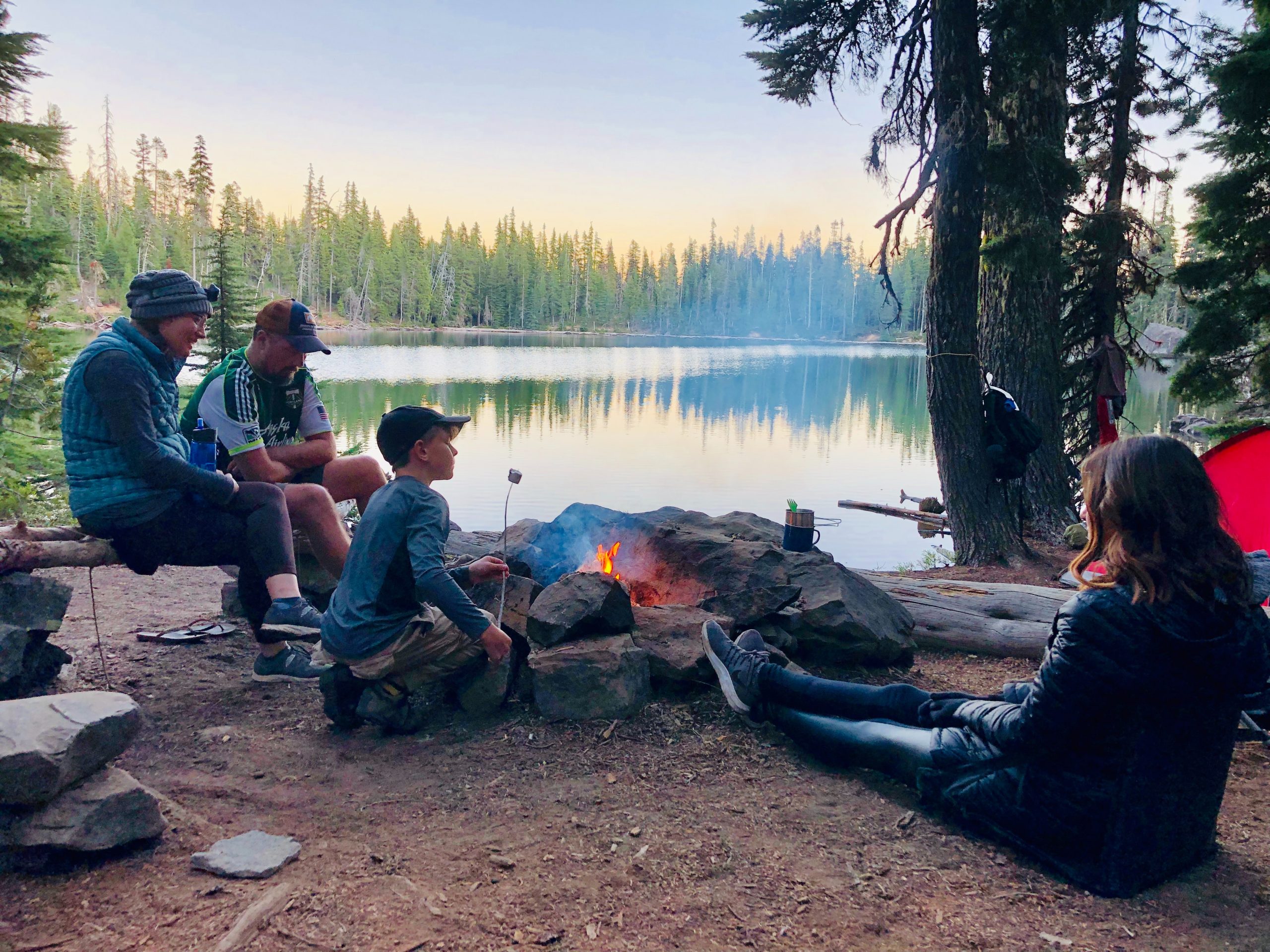Isn’t it true that spending a week in the vast outdoors may be an unforgettable experience? Alternatively, it might be a living hell. A good or bad camping vacation is usually determined by one factor: what you packed (or didn’t bring) for the trip. Having the necessary camping gear in your bag can make the difference between a relaxing vacation in the woods and a trip to the nearby emergency hospital.
A well-planned camping trip, like any other project, necessitates some preliminary planning. Having the correct supplies and equipment will make a huge difference in how much fun and pleasure you have. This camping list we’ve put up is fairly extensive. We’re not suggesting that you need everything on this list, but let it serve as a reminder to make sure you don’t forget anything crucial on your next camping trip.
Tent
The most significant hesitancy about camping is the worry of a rough night’s sleep. Even if you like devouring under the stars, you should always keep a tent or other emergency shelter on hand just in case. Otherwise, a nocturnal deluge, freak snowstorm, or heavy dew is guaranteed to leave you drenched, unhappy, and at risk of hypothermia.
While sleeping inside the tent, you can close it up to keep the rain out. The camping tents are also built of waterproof polycotton or polyethylene fabrics that prevent water from entering from any direction.
Make sure you have all of the necessary supplies, such as rope, tent poles, stakes, and a rain fly, whether you choose the best two-person tent or a larger cabin-style tent.
Beddings
While lying on a bed of moss and leaves may sound appealing, it will not keep you warm until the sunsets. Temperatures can decrease by as much as 20 degrees or more when night falls. Without a sleeping bag, you risk a restless night’s sleep at best, and exposure at worst. A sleeping bag might nevertheless provide some support for your back. If it isn’t enough for you, add a sleeping pad. It’s a long way from your bed, but it’ll suffice to put you to sleep.
An air bed gives more comfort than a sleeping sack, but you must choose one carefully. You can wake up to an unplugged bed in the middle of the night if you choose an air mattress with a low-quality valve.
GPS Guide
If your camping plans include hiking in remote places, bring a map, compass, or GPS with you. Constant variations in the sun’s position might cause hikers to become lost by making known forest landmarks unfamiliar. Unprepared campers have been known to roam the woods for days before being rescued or returning to camp.
Getting lost or stranded in the woods, especially with inadequate water, is no laughing matter. Even if you only want to stroll down to the nearest creek from your campsite, be sure you can navigate how to safely return to your camping site
Weather Appropriate Clothing.
Because you only have a few changes of clothes when you go camping, it’s critical to keep them dry. Walking around in wet clothes is not only uncomfortable, but it can also be dangerous in colder climates where hypothermia is a problem. Wet clothing is also heavy, making carrying a backpack uncomfortable and difficult.
Choose a Fangyuan parka jacket that is lightweight and waterproof and can support numerous layers of clothes. If it won’t cover your backpack completely, try purchasing a second rain bag to protect your belongings.
Water
Water is necessary for survival in the vast outdoors, and the further you travel off the main route, the faster it appears to run out. The last thing any camper wants is to run out of water, especially since drinking from a pond or lake can lead to serious disease from bacteria.
Carry a day’s supply of the wet stuff in a CamelBak or other large glass bottle, even if the area you’re traveling into is only a few steps from your car. Then, in case you need to refill from a nearby stream, bring a filter or water purification pills on hand.
Fire Starter
Without a warm, crackling bonfire, camping isn’t complete, so have the materials on hand to get one going quickly. A flint and steel, matches, a cigarette lighter, or a magnesium fire starter can all be used to create a fire when camping. If you’re going to use matches, make sure they’re water-resistant. Packing two fire starters in case one fails is a good idea.
In a sustainable packing container, bring along some kindling, such as dried bark or newspaper strips. In the woods, finding dry kindling when you need it might be difficult.
Pocket Knife
The pocket knife is the perfect outdoor multipurpose tool. Trimming a rope, cutting fishing line, dicing bait, slicing cheese or sausage, opening a tightly sealed container, sharpening a stick, dealing with tangled vines, tightening a screw, or skinning a small animal can all be done with a knife. Such tasks become practically difficult to complete without a knife. Expect to be irritated if you forget your knife at home.
Conclusion
While these are the fundamentals, there are many more items that must be brought on a camping trip to be successful. Good luck embarking on your next camping adventure.
Photo by Brooks Rice on Unsplash




